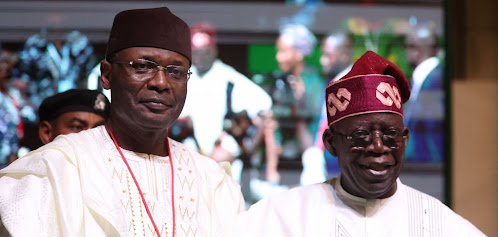By
Dr. Arthur Agwuncha Nwankwo
Recently, a senior official of the Buhari
administration came out on national television to tell us that Nigeria
is now the second largest producer of rice in the world. This is the most
ridiculous claim I have heard in the last couple of years.
 |
| *Dr. Nwankwo |
I know that the
Buhari administration, even those that can be numbered among his kitchen
cabinet, is full of clowns and morons bereft of intellect; but honestly I didn’t know that somebody can be this
naïve and crass to come and tell us that Nigeria is a world class producer of
rice.
Why
do people lie so brazenly? Does he think that he is talking to kindergartens? I
do not understand why this government has made lying an article of faith and
governance. How can anybody in his right senses make such useless claim?
How
and where did he get the statistics? If his claim is true why is a bag of local
rice still going for between N18000 to N20000? If this claim were true why
would the UN only a few days ago, include Nigeria
among famine-threatened countries in Africa alongside Sudan and Somalia?
I
know that Nigeria
is not famous for statistical records. This is a country that does not know its
population; the number of unemployed graduates; the number of the poor; does
not even know the number of secondary schools in the country or anything for
that matter.
Yet
this is a country that wants to pay monthly stipends of N5000 to every
unemployed graduate and the poor. As a matter of fact, I have come to the
conclusion that APC is a fraud. Democracy is said to be government of the
people, by the people and for the people.
But
strangely, the APC government has become “government
of liars and thieves, by liars and thieves and for liars and thieves”. I
want you to understand that this type of APC government is the perfect setting
that creates deep-seated social resentment and which also leads to the
inevitable death of nations.
*Dr.
Nwankwo, an eminent intellectual, author and publisher shared these thoughts on
his facebook page















